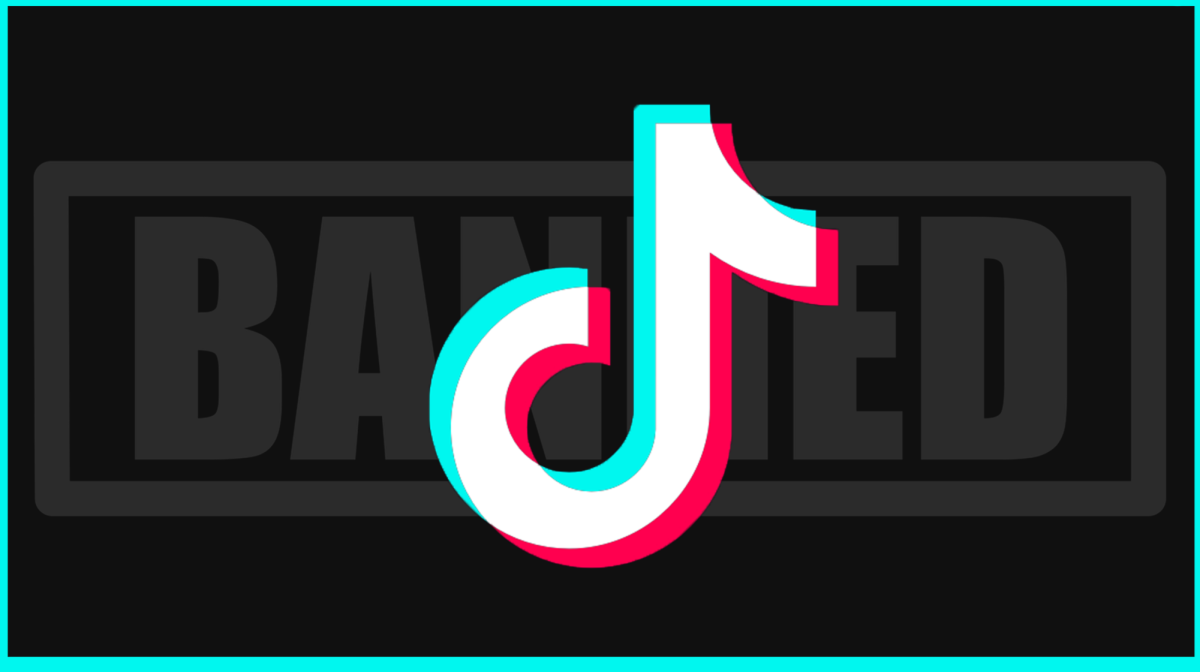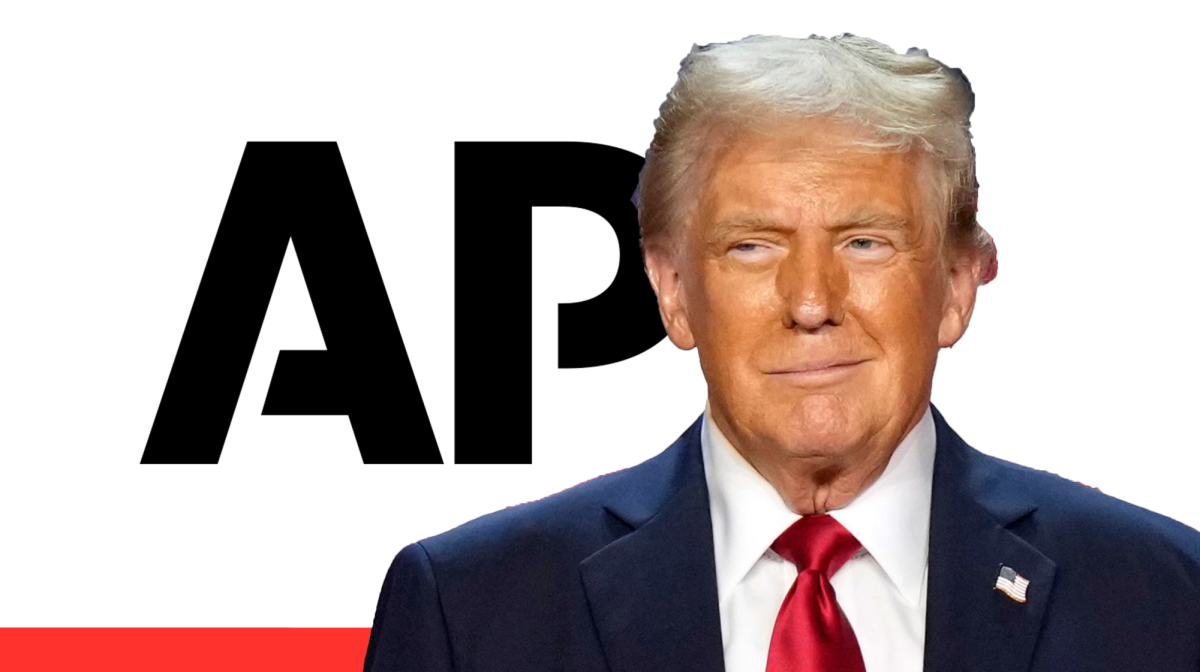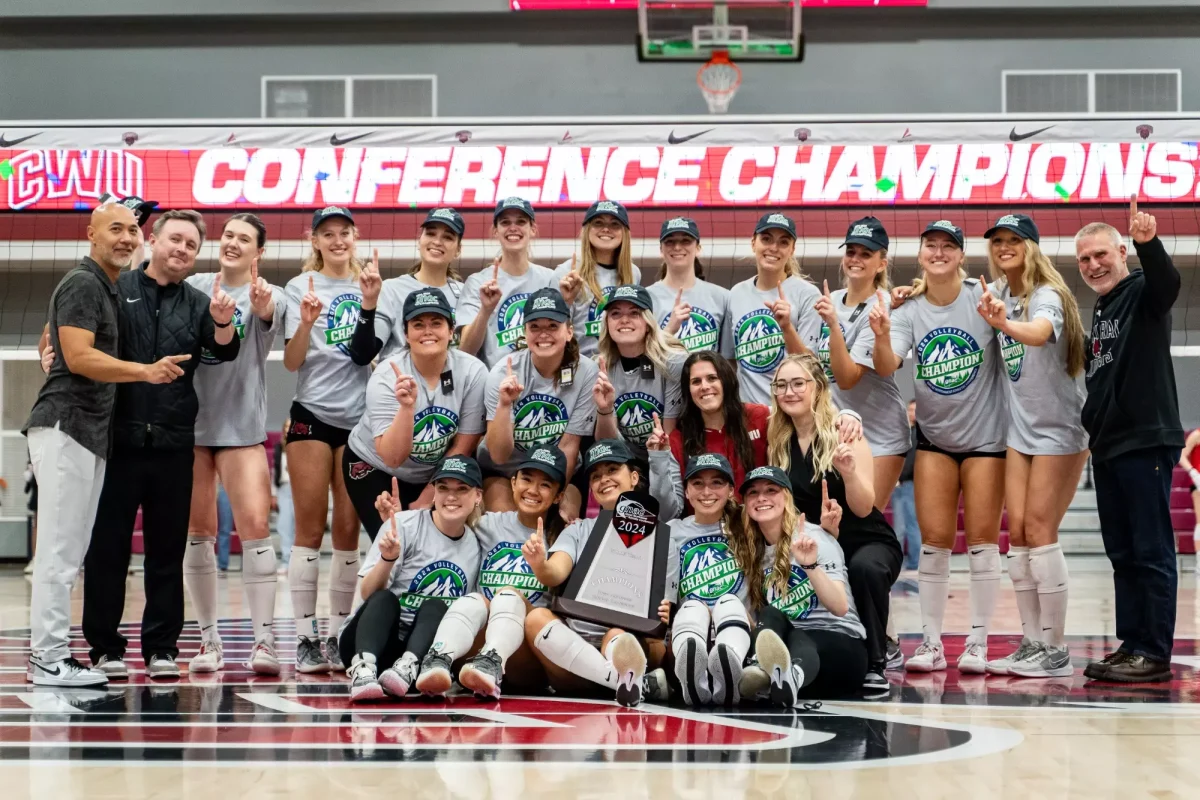TikTok is a platform with over 1 billion active monthly users. It is used by over 50% of adults under the age of 30 and unless the Supreme Court acts soon it is facing a nationwide shutdown.
Why is TikTok being targeted?
Due to legislation signed by Joe Biden, TikTok’s parent company, ByteDance, is being forced to sell TikTok to a U.S. owner or shut down entirely. If the Supreme Court does not overturn this legislation, TikTok is set to shutdown all U.S. operations on Jan. 19.
“I was initially skeptical about the ban, and I’m still pretty skeptical about it,” Dr. Matthew Altman, chair and professor of philosophy and comparative religion, said. “ByteDance doesn’t have any free speech protections because it’s a foreign company, it’s not covered by the constitutional protections…The free speech issue doesn’t really come up with the company itself. It comes up more with the people who are using it as sort of a public square in which to express themselves. On that, I think there’s a lot more merit to the case of not having a ban.”
The legislation in favor of forcing ByteDance to divest TikTok argues that because TikTok is a Chinese owned company, there are safety concerns surrounding two key factors. First, is their collection of user data ranging from location to biometric data such as face prints and voice prints. And second is their ability to use the platform to silence or promote propaganda relating to the Chinese government.
TikTok’s defense combats the legislation from a user perspective, arguing that restricting TikTok in the U.S. is infringing on the rights of its users as protected in the first amendment. TikTok, currently being one of the largest social media platforms globally, argues that by effectively banning their app the U.S. government is restricting the free speech of its citizens.
Altman proposed a different solution to the problems raised by the TikTok legislation. “With free speech, the counter is usually not to shut it down, but to have more speech,” Altman said. “So if it [TikTok] is burying negative content about China, then the thing to do is not to shut down the system, but instead to have more speech about China … When we are talking about the free speech issue, it seems like a strange and in some ways unprecedented way to respond is to shut it down.”
Dr. Mark Meister, professor of communication, shared a similar sentiment regarding the potential legislation. “The complication here is that China is not a citizen,” Meister said. “But we are dealing with users who understand and find the content relevant … There’s a use value to some people who access the content on any social media site, and to completely ban it in a draconian way, really puts aside a potential dialog and contribution by a group of people who find the information on TikTok relevant … To ban something goes against an opportunity to open up dialog about the significance of it.”
What will happen if TikTok gets banned?
There are a few key things that will happen if the TikTok legislation gets upheld by the Supreme Court. “On January 19th, as I understand it, we shut down,” TikTok lawyer Noel Francisco, in an argument at the Supreme Court, said this past Friday. If the legislation goes into effect, the app would be pulled from all U.S. app stores, but would remain downloaded on any phones who already had the app installed. However, even for those with the app already downloaded, attempting to open the app would most likely prompt users with a message stating that they cannot access the app in their country.
Altman brought up one possible effect that banning the app might have on political participation. “We are talking a lot about how people express themselves by posting on TikTok,” Altman said. “One interesting statistic I discovered is that 39% of adults under 30 get their news, regularly, from TikTok. So it’s not just about speaking your own truth in your posts, but it’s also about learning about the world and what’s going on.” Altman proposed the idea that banning the app might have a chilling effect on political participation.
Typically when cases like this go to the Supreme Court, a precedent is set for the future of the laws surrounding the case. However, Altman suggested that this case might be different.
“I don’t know that there’s going to be much precedent beyond this individual case, and in some ways that’s unfortunate,” Altman said. “If the concerns are about the collection of our private data and how it might be misused, and about propaganda, the [same] stuff is going on with these other US owned companies, right? So Google, Meta, all these things, track users around the internet even when they’re not using their apps.”
Instagram, Facebook and most other social media platforms collect similar metrics to TikTok. “All the social networks collect the same data as Tiktok does, and there doesn’t seem to be any urgency from the US government toward protecting that data,” Altman said. “Just about every other developed country in the world has some sort of national policy when it comes to privacy and people’s personal data that the US doesn’t … So I worry that the focus is exclusively on China’s potential use of this private information, and there’s no real focus on privacy in general and or our personal information when it comes to multinational U.S. corporations.”














